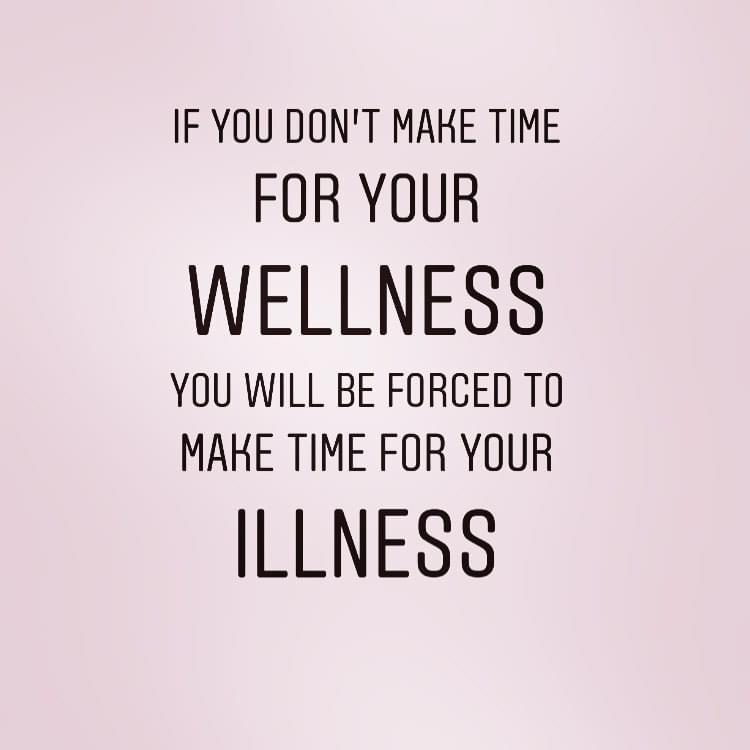“If you don’t make time for your wellness, you will be forced to make time for your illness.”
Joyce Sunada’s overwhelmingly popular statement, now on placards and posters, was made when as an educator for more than 30 years, she was forced to take a medical leave from teaching.
Sunada’s words ring true in an age where many people are itching to find ways to be healthier and enjoy their lives to the fullest without having to worry too much about developing illness.
But what does “healthier” really mean? How can we even begin to monitor our health so we, hopefully, will not have to make time for illness in the future?
Our health is multifaceted — comprised of mind, spirit and body. A great start would be to learn what we are made of, why it matters and how we can work toward a healthier body.
A great, fairly simple way to start would be to understand what we are made of.
When you break down the body into its core components: fat, muscle, minerals and body water, it describes your weight more accurately and provides a better glimpse into your overall health than traditional methods like stepping on a scale.

Our minds tend to trick us into believing we are all just fat and muscle — this is definitely not the case. We are made of muscle, fat, water and minerals, and all of these contribute to health and weight.
Have you ever heard the phrase, “muscle weighs more than fat?” Well, this isn’t quite true — muscle is denser than fat and therefore takes up less space inside your body than fat does. If I were to hand you models of both 2 pounds of muscle and 2 pounds of fat, the muscle would fit into the palm of your hand whereas you would need two hands to hang onto the fat.
What about “you’ll weigh less in the morning,”? This statement is usually true but have you ever stopped to think of the reasons why? Registered dietitian Julie Upton, co-founder of nutrition website Appetite for Health, states that people will weigh less when they wake up because the body is slightly dehydrated.
The Johns Hopkins website reiterates this, stating, “At night while we sleep, our bodies have a chance to get back into balance. Excess fluid that has accumulated during the day moves from the body’s cells into the bloodstream, where it makes its way to the kidneys. In the morning, when we get up, we get rid of this extra fluid by going to the bathroom.
That’s why, when people weigh themselves after using the bathroom in the morning, they’re generally at their lowest weight of the day.” As you can see, we are most certainly more than what the scale can tell us.
Because our bodies are infinitely complex and are the only ones we will ever get in this life, it’s very important to take care of them. Being able to monitor the changes will give so much more insight into the quality of our health.
An article by Blood Volume Index agrees: “Having excess body fat in relation to lean muscle, which varies from person to person, is associated with an increased risk to cardiovascular disease and other related conditions such as elevated cholesterol and blood pressure, obesity and diabetes.” There are so many more reasons why I believe knowing what we are made of matters, but a big one would be to live a balanced and enjoyable life.
Body composition analysis can accurately show changes in fat mass, muscle mass and body fat percentage. Finding somewhere that can truly measure your body composition would be a wonderful beginning for a journey to a healthier body.
The National Academy of Sports Medicine recommends using skinfold measurements, bioelectrical impedance and hydrostatic weighing for accurate measurements of body composition.
I encourage those reading this to make a Google search, talk to local gyms, those in your community or doctors’ offices about where you can find a way to measure your body composition and begin to do what Sunada recommends — make time for wellness so you can, hopefully, avoid having to make time for illness.
